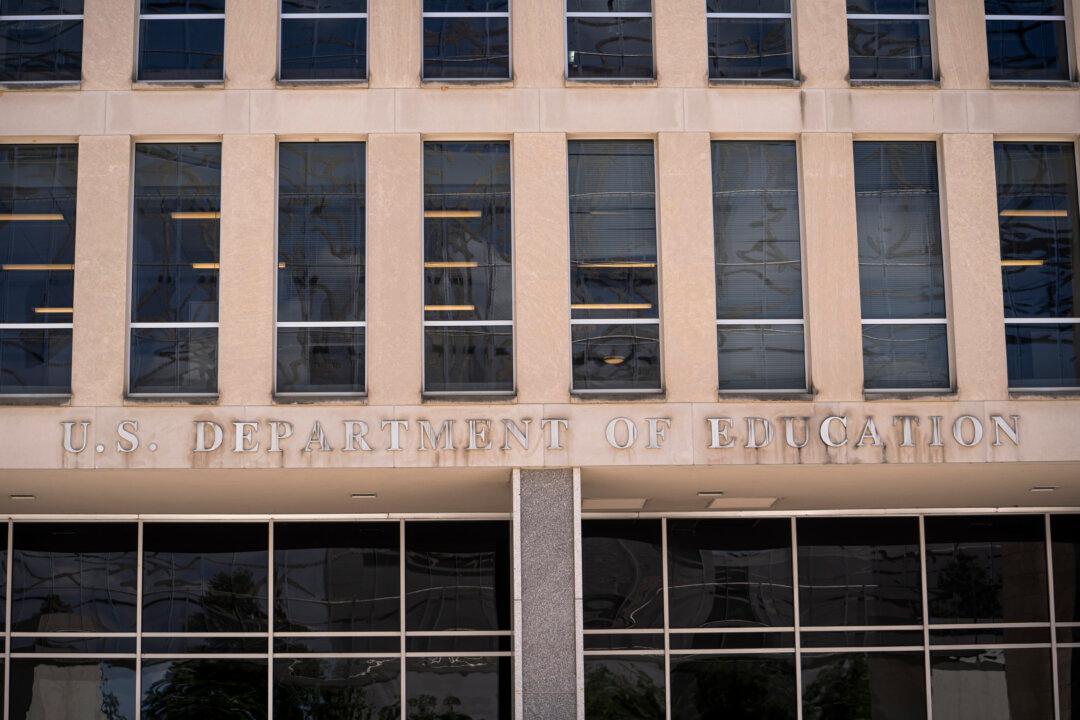A federal judge has shot down a bid to block the Biden administration’s new Title IX rule from going into effect in four Southern states.
The July 30 ruling from U.S. District Judge Annemarie Axon of the Northern District of Alabama paves the way for the U.S. Department of Education to enforce its new rule in Alabama, Florida, Georgia, and South Carolina starting on Aug. 1.





